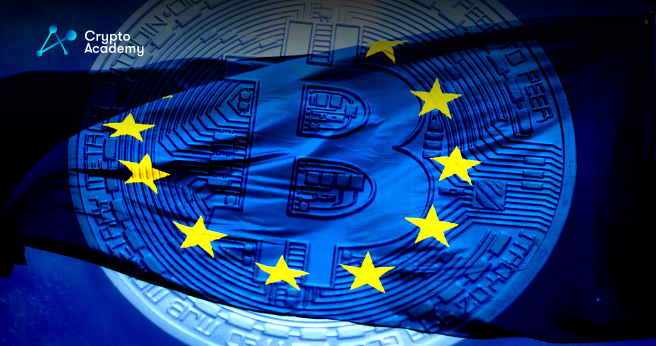Stefan Berger thinks that the change in the date of the Plenary vote on the historic pan-European cryptocurrency policy, Markets in Crypto Assets (MiCA), February 2023 from what was originally set as the end of this year is due to a technical issue.
A European Parliament Member, Stefan Berger in charge of overseeing MiCa’s procedural aspects, clarified that the postponement is not related to the legislation’s substantive facts as he explained that “I view this as a purely technical necessity and not as a political move. I have no reason to believe that the support for the MiCA has changed in the European Parliament.”
Berger asserts that the time it took for the litigator linguists to complete their work, considering the lengthy nature of the legal text, to translate MiCa, which was approved by the final vote in February 2023, could be the cause of the delay between the results between different negotiations’ successful conclusion in October and that date.
The crypto framework policy was approved by the parliamentary committee on October 10 at the trialogue phase with 28 votes in favor and 1 opposed. Based on legal and linguistic reviews, Parliament adopting the latest edition of the text, and release in the official journal of the European Union, the crypto regulations might go into force by 2024 at the latest.
The United States has not yet taken similar action to the European endeavor to complete the complete crypto infrastructure. Because of this, Mairead McGuinness, the commissioner for financial services at the European Commission, highlighted last month that the regulation measures should have a global scope.
The United States’ senators’ deliberation has now also come to a standstill following numerous distinct measures on cryptocurrencies in overall and stablecoins specifically were made public. The conflict among the Democratic and Republican parties, particularly with regard to stablecoins, is one of the potential causes.

